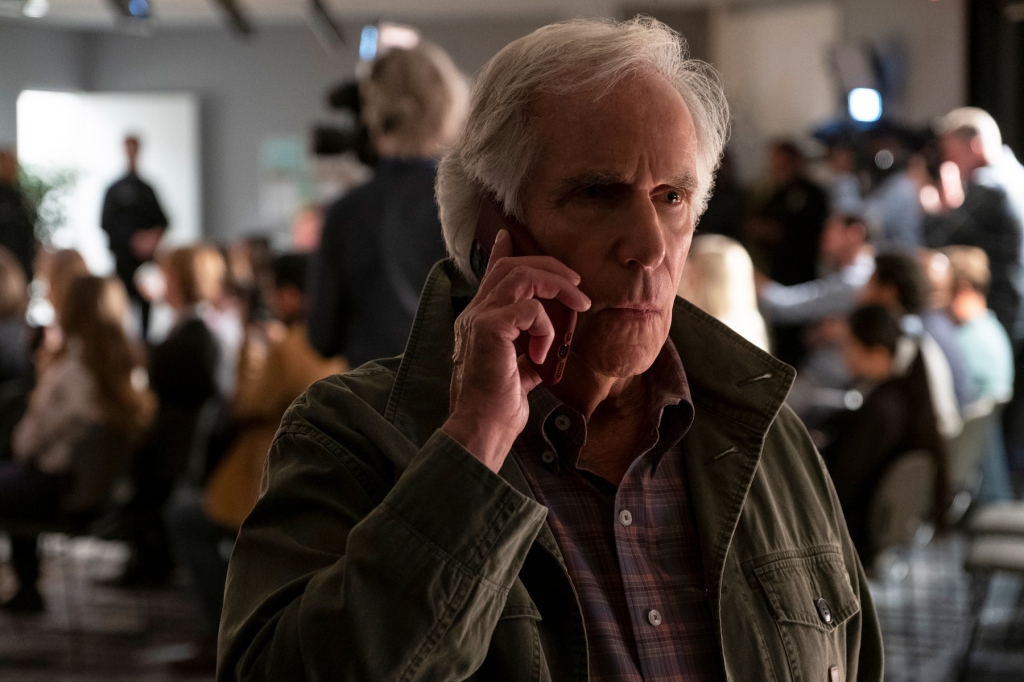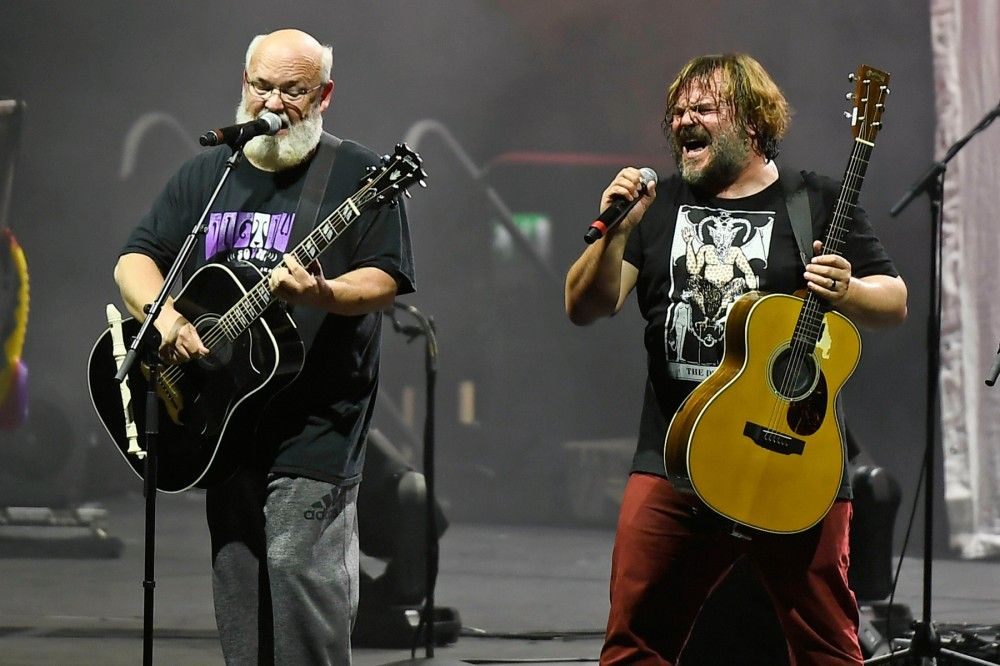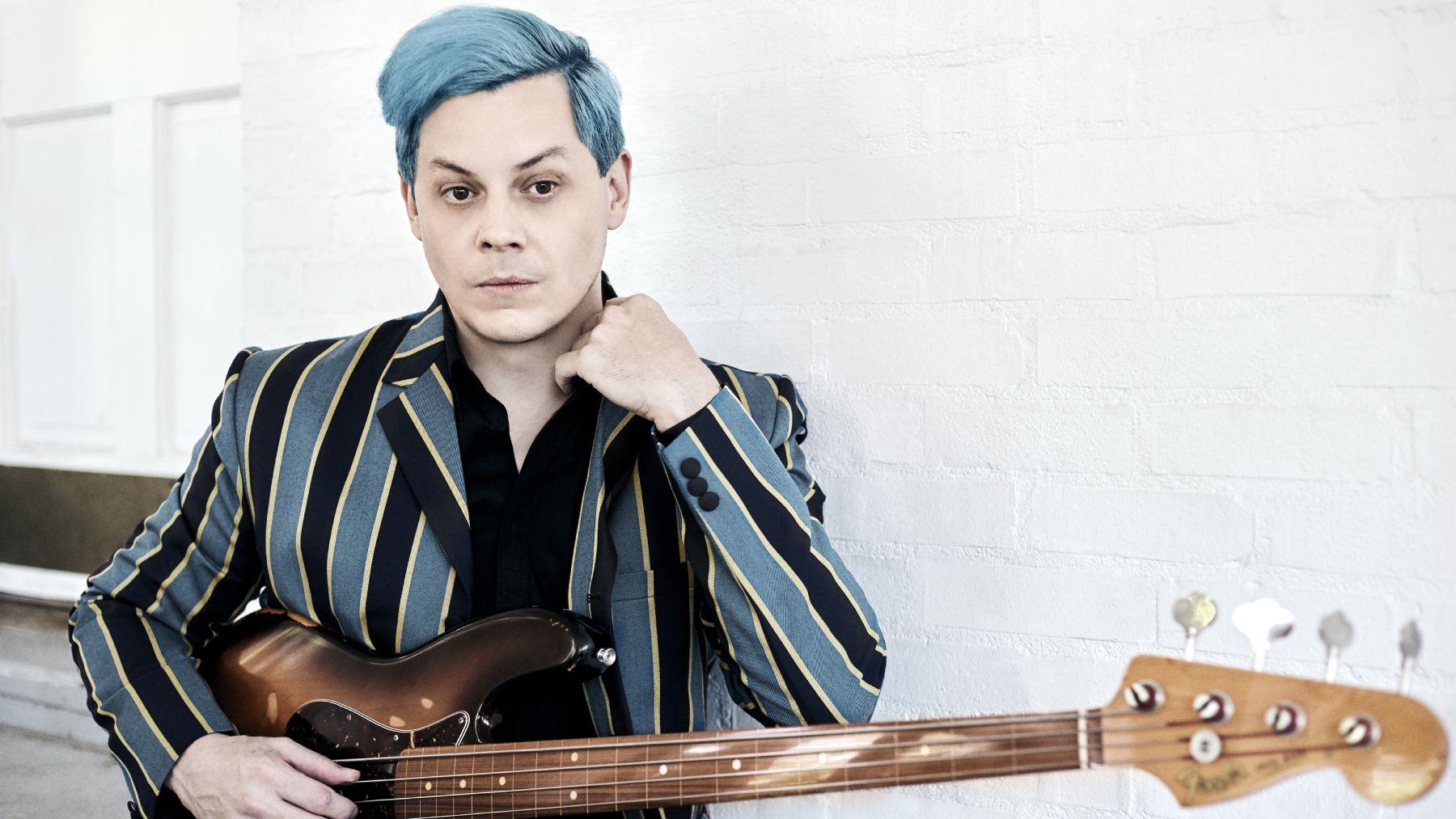
‘Barry’ Season 4 Premiere Takes No Prisoners — Except Bill Hader
THIS POST CONTAINS spoilers for this week’s episodes of Barry, “Yikes” and “Bestest Place on the Earth.”
Late in “Yikes,” Barry’s Season Four premiere, Barry admits that Fuches was right all along about Barry taking Gene Cousineau’s acting class. “If I hadn’t have tried to understand myself, we wouldn’t be here,” Barry suggests.
In a plotting sense, this is exactly correct. Barry’s current predicament ties directly back to his murder of Janice Moss, which happened because he became Gene’s student. And many of the other mistakes he’s made — from a criminal standpoint, if not a human one — have come from the way that acting classes forced him to confront all the damage that violence has done to himself and others.
For that matter, much of what has happened to everyone at this point, and what happens in these two episodes, is a result of various characters attempting self-examination. Sally rose to brief fame, and then infamy, after revisiting the trauma of her abusive relationship and trying to turn it into art. (Bad art, but still.) Fuches throws away his deal with the FBI because he has finally internalized that Barry is like a son to him. Even NoHo Hank’s decision to go along with Cristobal’s plan to return to Los Angeles and form a new criminal empire(*) seems steered as much by the trauma of what happened in Bolivia as it is by Hank’s old dreams of power and notoriety.
(*) One that would be built on sand, which obviously is not meant to be read as a metaphor in any way. No sir.
“Yikes” and “Bestest Place on the Earth” Are filled with nightmares, flashbacks, and visions, because everyone is scarred by past events. (Even Gene, basking in his new hero status as the man who brought down Barry Berkman, is still grieving Janice and still afraid of her father.) Barry pictures Sally rehearsing lines in the prison yard, and later envisions the two of them as a happy older couple. Hank finds himself a prisoner of Cristobal’s family again. Flying home to Joplin, Sally imagines that the man she killed is sitting in the row in front of her. Whatever criminal sentence Barry or Fuches may receive, we are seeing that some form of karmic comeuppance is coming for them all.
As has become the case in these later seasons, the episodes are a mix of utter bleakness and uproarious comedy, often both in the same scene. Sally has a panic attack and lets out a primal screen in front of her oblivious mother, only for us to see that mom is in the middle of trying to order at a fast food drive-thru window. Cristobal and Hank head to Dave & Busters to pitch their sand idea to a pair of rival gangs(*). (And, before that, Hank wears his most ridiculous outfit yet at dinner with Cristobal, looking like someone who watched A Fistful of Dollars and felt like the Man With No Name could use some more flair.) Gene gets a standing ovation at his latest MasterClass taping, but Barry is also treated as a celebrity by the prison guards, while Fuches tries and fails to use his Raven persona to be treated similarly by the inmates.
Sally’s agent Lindsay suggests that her status as “the Entitled Cunt Girl who dated a serial killer” has destroyed Sally’s acting career, but “You could have a reality show, or a podcast, and you would make more money than God.” And when Fuches’ big Raven monologue is a bust, we immediately cut to Barry encouragingly praising the speech. It is still a spectacularly funny show when it wants to be, even as it’s exploring darker and darker emotions. (The reverse is true, as well: Cousineau’s literally sweaty one-man show about his relationship with Barry is largely meant as a joke about his narcissism and inability to separate the rest of life from showbiz, yet Henry Winkler’s performance and Bill Hader’s direction still let Gene’s grief poke out from under his inherent ridiculousness.)
Henry Winkler as Gene Cousineau in ‘Barry’ Season Four.
(*) Bill Hader shoots the sequence largely as a oner, with the camera swirling around the table, changing direction each time Hank or Cristobal passes the other to take over the pitch.
And by far the most striking aspect of these two episodes is how Barry begins to more consistently channel his own feelings. There are times where he is still the naïve overgrown child who doesn’t understand why Gene or Sally would hate him, but he’s more willing to vent his anger at himself. He does a violent version of a mirror exercise, where he slaps and berates himself over and over, and then manipulates the guards into beating on him because he deserves the punishment. But he also seems to misinterpret Sally’s visit to him, assuming that she still wants to be with him, and feels safe around him. He has started to understand himself, but not nearly enough, and he’s more chillingly played than ever by Hader.
During Sally’s visit, Barry insists that he didn’t lie to her, but, “I didn’t tell you the part I didn’t want to be true.” He has spent his whole adult life — if not throughout a childhood that seems incredibly lonely and unhappy, based on the flashback we get here to him meeting Fuches — hiding from his feelings, and trying to erase the parts he doesn’t want to be true. But whatever comes later, it’s clear from the start of this final season that truth and consequences are coming for Barry, Hank, and everyone else.
A fantastic start to the beginning of the end of a fantastic show.



